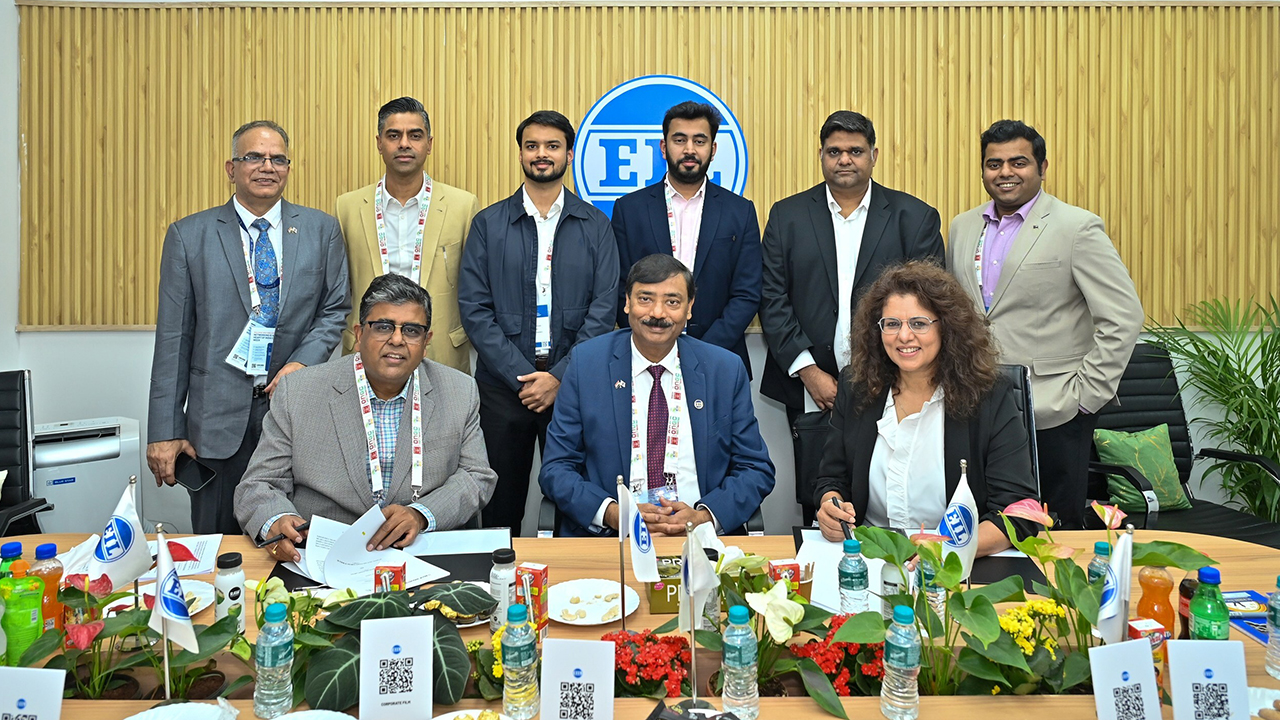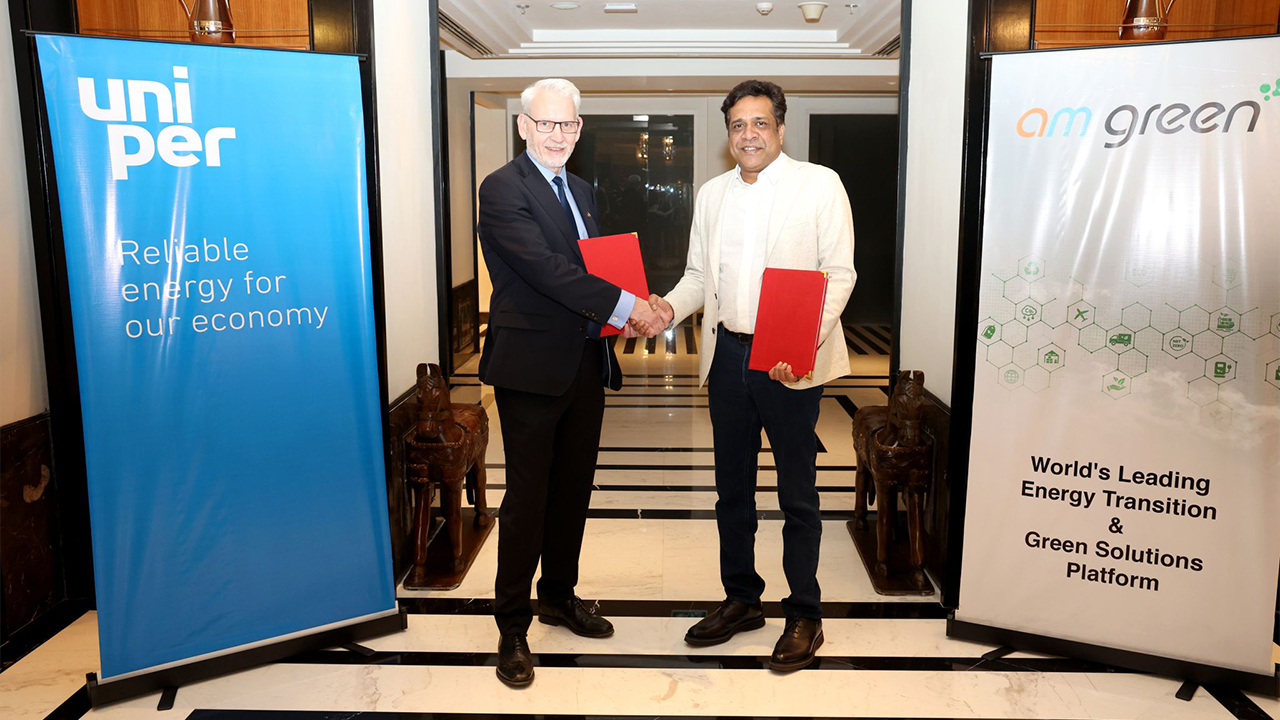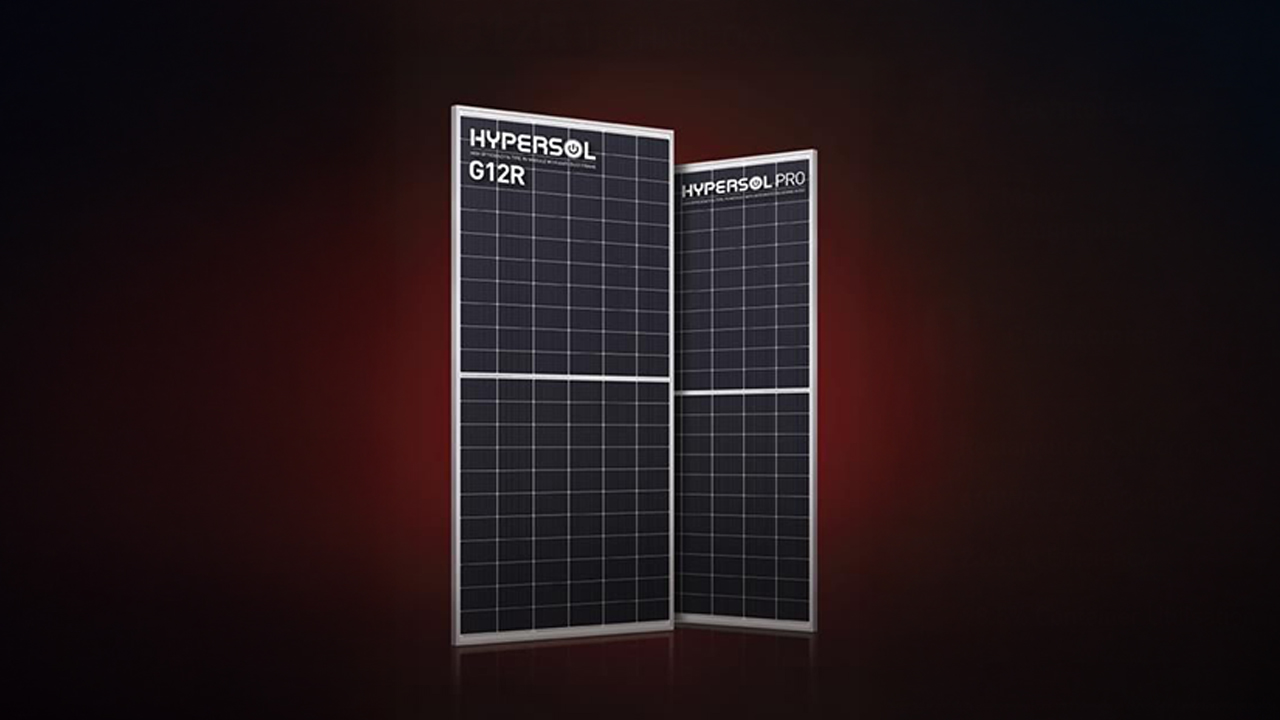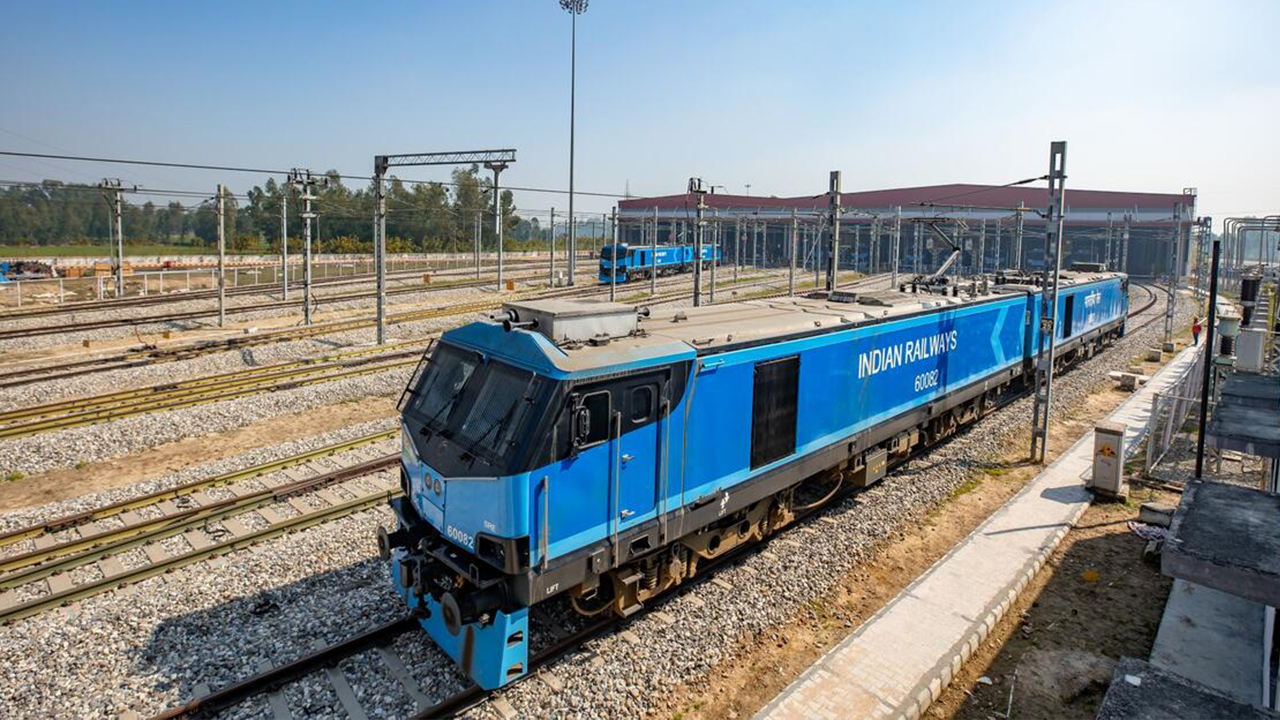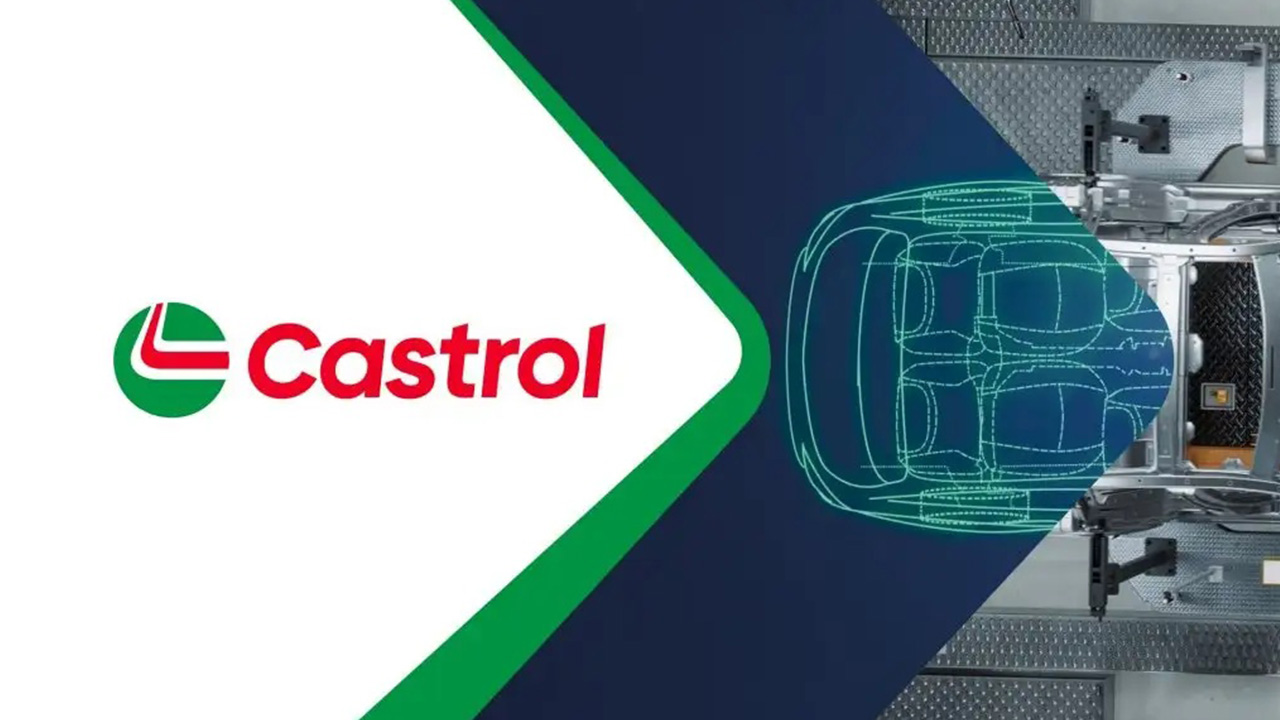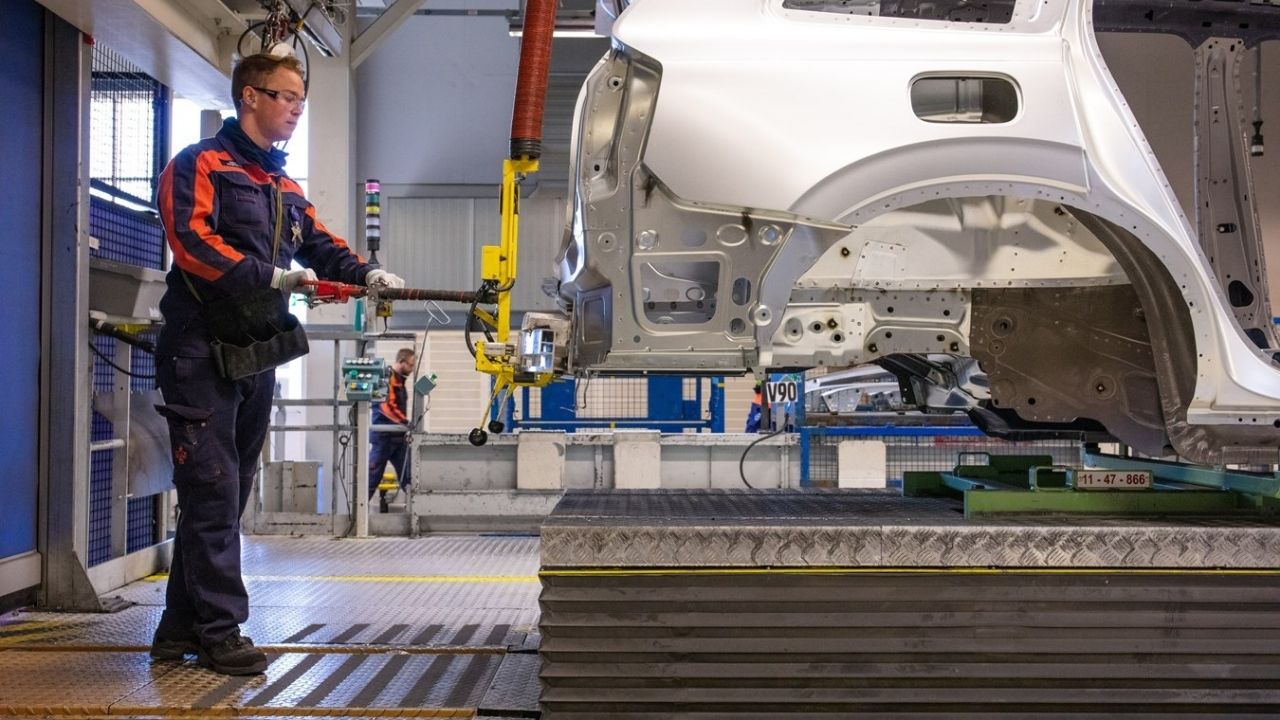
Volvo Cars t made a significant step towards its ambition of making its global manufacturing network climate neutral by 2025, and announced that its Torslanda site in Sweden is its first car manufacturing plant to reach fully climate neutral status.
This makes Torslanda the second plant in its overall manufacturing network to reach this status, after the Skövde engine plant in Sweden became climate neutral in 2018.
Volvo Cars counts a manufacturing site as fully climate neutral when it registers no net increase in the emission of greenhouse gases to the atmosphere as a result of the electricity and heating used by the plant.
The Torslanda plant, the company’s oldest, has been powered by climate neutral electricity since 2008. It now also has climate neutral heating. Half of the plant’s heating comes from biogas, while the other half is predominantly sourced from district heating through industrial waste heat.
“Establishing Torslanda as our first climate neutral car plant is a significant milestone,” said Javier Varela, head of industrial operations and quality at Volvo Cars. “We are committed to having a climate neutral manufacturing network by 2025 and this achievement is a sign of our determination as we consistently work to reduce our impact on the environment.”
Apart from becoming climate neutral, Torslanda also constantly reduces the amount of energy it uses. Targeted improvements in its operations during 2020 resulted in annualised energy savings of almost 7,000 megawatt-hour (MWh), equal to the annual energy usage of over 450 Swedish family homes.
In coming years the plant plans to make further efficiency upgrades to the lighting and heating systems, among other things, which should result in additional annual energy savings of around 20,000 MWh by 2023. These energy savings are part of a wider ambition for Volvo Cars to reduce energy usage per car produced in its manufacturing network by 30 per cent in 2025.
For Volvo Cars to achieve its target of climate neutral manufacturing operations, it needs the full support of local partners in government and business to access climate neutral electricity and heating. In addition, Volvo Cars will develop its own renewable electricity generation capacity on-site.
Volvo Cars’ climate neutral manufacturing target is part of the company’s climate plan, one of the most ambitious in the industry. The centrepiece of the plan is Volvo Cars’ ambition to electrify its entire line-up.
Yet the plan goes beyond addressing tailpipe emissions through all-out electrification and also seeks to tackle carbon emissions in the company’s wider operations, its supply chain and through recycling and reuse of materials by embracing the circular economy.
Volvo Car Group in 2020
For the 2020 financial year, Volvo Car Group recorded an operating profit of 8.5 BSEK (14.3 BSEK in 2019). Revenue over the period amounted to 262.8 BSEK (274.1 BSEK). For the full year of 2020, global sales reached 661,713 cars (705,452), a decline of 6.2 per cent compared to 2019.
About Volvo Car Group
Volvo Cars was founded in 1927. Today, it is one of the most well-known and respected car brands in the world with sales of 661,713 cars in 2020 in about 100 countries. Volvo Cars has been under the ownership of the Zhejiang Geely Holding since 2010.
As of December 2020, Volvo Cars employed approximately 40,000 (41,500) full-time employees. Volvo Cars head office, product development, marketing and administration functions are mainly located in Gothenburg, Sweden. Volvo Cars head office for APAC is located in Shanghai. The company’s main car production plants are located in Gothenburg (Sweden), Ghent (Belgium), South Carolina (US), Chengdu and Daqing (China), while engines are manufactured in Skövde (Sweden) and Zhangjiakou (China) and body components in Olofström (Sweden).
NEWSLETTER
TRENDING ON PRO MFG
MORE FROM THE SECTION




